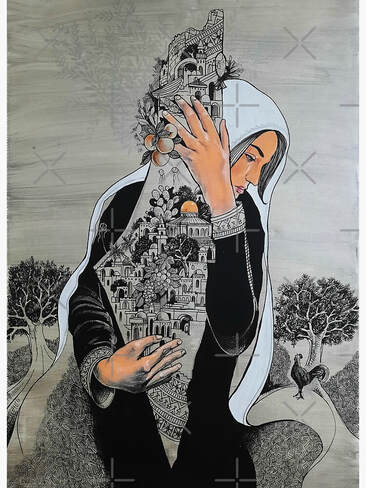THAT'S EQUITY!
Julia Ismael, founder and Head Architect of Aspirations of The Equity Consortium, hosts monthly Listening Circles for the masses as a way to stay informed and to find meaningful ways to create connection.
Monthly Listening Circles are held on the 4th Tuesday of the month, and what is learned from these circles is shared here. Please enjoy our stories.
Monthly Listening Circles are held on the 4th Tuesday of the month, and what is learned from these circles is shared here. Please enjoy our stories.




 RSS Feed
RSS Feed